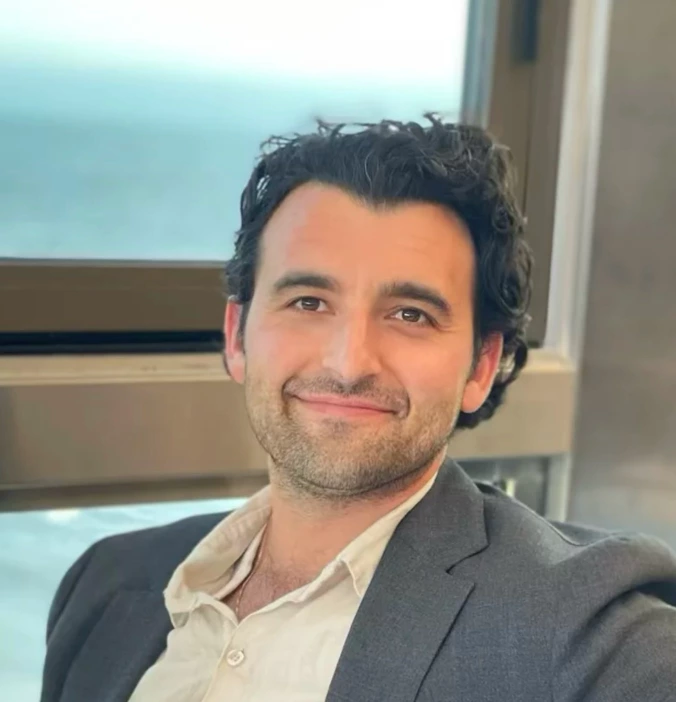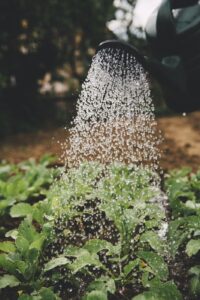Meditation teaches us to be more fluid. Being more fluid means being less attached. Being less attached means staying present enough with our experiences to allow circumstances to wash over and around us. This is in contrast to the unconscious habit of ascribing permanent labels to what we have witnessed and/or been a part of.
Cultivating and practicing this skill of non-attachment is especially hard because so often in conversation we are asked some form of “how was it?” For example, consider the following:
- how was your first week at your new job?
- how was your date with him or her?
- how was that movie?
- how was your summer?
Perhaps, better questions to ask someone might include:
- how do you feel about your first week at your new job?
- what was your date like?
- what was it like seeing that movie?
- how do you feel about your summer?
The differences between the two sets of questions is very subtle; nonetheless, in the second set, I find the questions to be phrased in such a way that they allow someone to think through answers, so they can be more nuanced, subjectively reflective, and less objectively conclusive. I believe that by answering the second set of questions, it is easier to use language to describe our experiences in ways that are more supportive of psychological flexibility: “the skill of being fluid and adaptive. Holding emotions loosely and moving towards chosen goals or values,” (Benjamin Hardy, Personality Isn’t Permanent). Psychological flexibility involves mentally possessing enough degrees of freedom that we are more capable of practicing non-attachment in real time.
In the 1950’s, the psychologist George Kelly published the Psychology of Personal Constructs, which proposed that our minds are active hypothesis generators. Active hypothesis generation is our minds making predictions about what we expect to experience based on the type of constructs or concepts we have about the world. “Personal constructs matter because they determine, in part, the degrees of freedom we have for shaping our lives,” (Brian Little, Me, Myself, and Us). Modern neuroscience seems to have confirmed that our brains are predicting and not reacting.
This is because our brains exists to manage the energetic demands and resources of our bodies. In order for our brains to do this efficiently they “automatically predict and prepare to meet the body’s needs before they arise” (Lisa Feldman Barrett, p. 8). One of the main ways our brains predict action plans is through language processing “because many brain regions that process language also control the insides of your body, including major organs and systems that support your body budget… The power of words is not a metaphor. It’s in your brain wiring,” (Lisa Feldman Barrett, p. 89-90). “Words seed concepts, and concepts drive your predictions,” (Lisa Feldman Barrett, p. 181). Since our brains’ predictions are heavily influenced by our use of language, it behooves us to be mindful of the questions we may ask ourselves (and others) as well as how we answer those questions regarding our own experiences, because those answers will influence what our brains predict going forward.
“Your actions today become your brain’s predictions for tomorrow, and those predictions automatically drive your future actions.”
Lisa Feldman Barrett, p. 82
Call to Action: Practice non-attachment by allowing yourself to experience more and label less. When you do eventually utilize labels, effort to use labels that have more granularity and depth than “good” or “bad.” There is a wide range of descriptors that can be used between pleasant and unpleasant such as blissful, engaging, delightful, and welcoming, or uninviting, nerve-racking, tedious, and dreary.




